Ships with links to Israel have been targeted, but the commercial threat intensified this week when a Norwegian-flagged oil tanker was attacked and missiles were fired at a jet fuel tanker heading toward the Suez Canal, through which about 10% of the world 's trade passes.

A Houthi military helicopter flies over the Galaxy Leader cargo ship in the Red Sea on November 20, 2023. Photo: Reuters
Here's what you need to know about the recent attacks in the Red Sea and the impact on global shipping:
Who attacks ships in the Red Sea and why?
Houthi rebels swept down from their northern stronghold in Yemen and captured the capital Sanaa in 2014. The rebel group occasionally targets ships in the area, but attacks have increased since the war between Israel and Hamas began.
They have used drones and anti-ship missiles to attack ships and in one case used helicopters to seize an Israeli-owned ship.
“Numerous attacks originating from Houthi-controlled territories in Yemen threaten international shipping and maritime security, in serious violation of international law,” the European Union’s foreign policy office said on Wednesday (December 13).
Houthi interference in maritime rights and freedoms in the waters surrounding the Arabian Peninsula, especially the Red Sea, is unacceptable.”
Why is the Red Sea important?
The Red Sea has the Suez Canal at its northern end and the narrow Bab el-Mandeb Strait at its southern end leading into the Gulf of Aden. This is a busy waterway through which ships pass through the Suez Canal to transport goods between Asia and Europe.
A large amount of Europe's energy supplies, such as oil and diesel fuel, pass through the waterway, said John Stawpert, senior director for environment and trade at the International Chamber of Shipping, which represents 80% of the world's merchant fleet.
So are food products like palm oil, grains and anything else that is shipped on container ships, most of which are produced around the world.
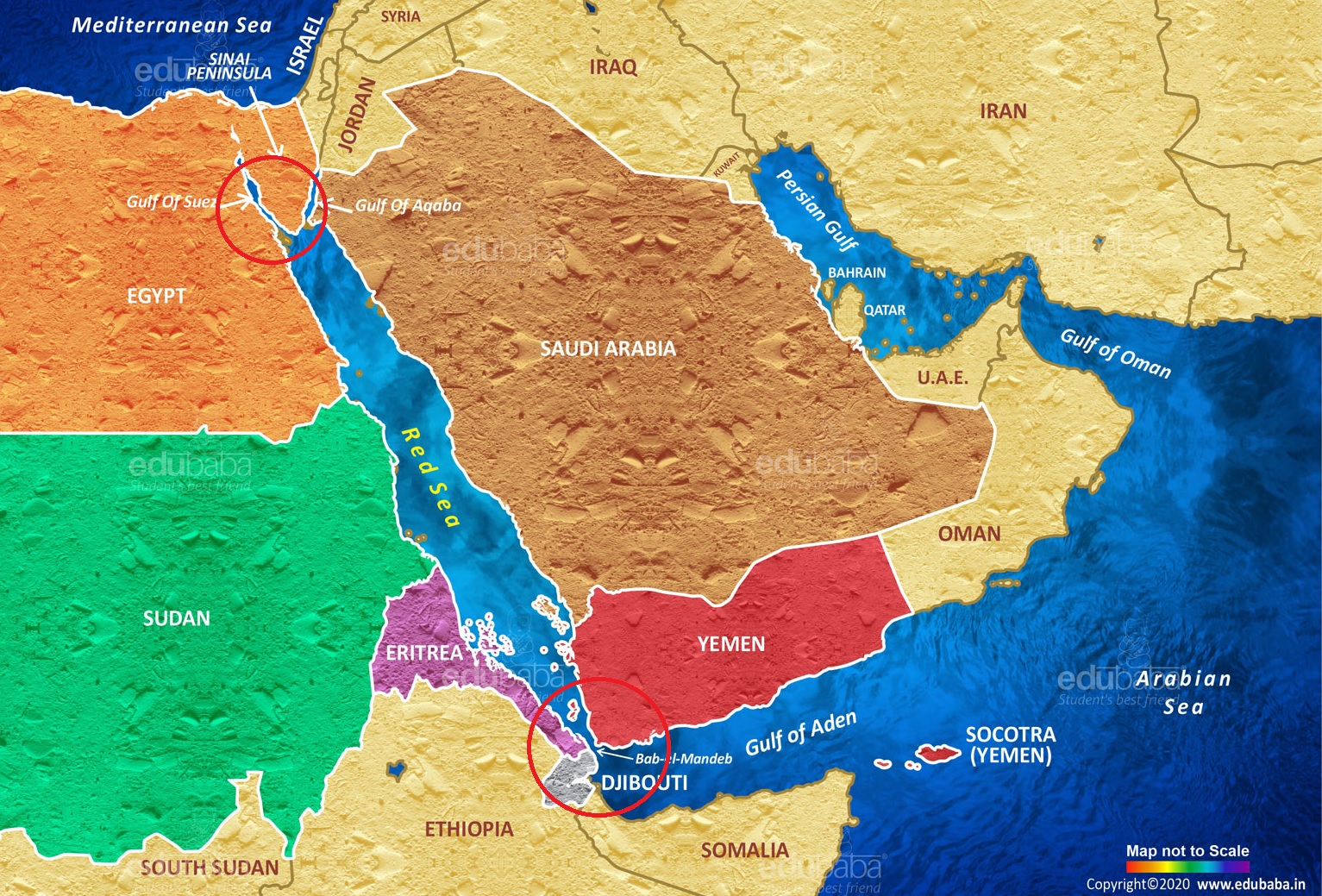
The Bab el-Mandeb Strait and the Suez Canal (red circle) are two important locations in the world's waterways. Graphic photo: GI
How do Houthi attacks affect?
Noam Raydan, a senior fellow at the Washington Institute for Near East Policy, said some Israel-linked ships appear to have started taking the longer route around Africa and the Cape of Good Hope. That extends the trip from about 19 days to 31 days depending on the ship’s speed, increasing costs and time.
The biggest direct impact of the Houthi escalation is increased insurance costs.
Insurance costs have doubled for shippers moving through the Red Sea, which can add hundreds of thousands of dollars to the journeys of even the most expensive ships, said David Osler, an insurance expert at Lloyd's List Intelligence, which provides analysis for the global shipping industry.
Osler expects insurance costs to continue to rise but said the situation could get much worse and cause some ship owners to rethink moving through the region.
“Right now, it’s just an inconvenience that the system can handle,” he said. “No one wants to pay hundreds of thousands of dollars more, but you can accept that if you have to.”
Can the Houthis block the Red Sea?
Unlikely, experts say. The Houthis have no formal naval vessels to enforce the blockade, relying on harassing fire and so far only one helicopter attack. Meanwhile, warships from the US, France and other coalition forces patrol the area, keeping the waterway open.
Still, the attacks are worrying the shipping industry and “cannot be taken lightly,” Stawpert said. But “you will still see a lot of trade going through the Red Sea because it is an important supply route for Europe and Asia.”
He noted that the extent of Houthi influence on the waterway remains limited. “I don’t see the Houthis closing down shipping through the Red Sea… That’s simply not how the shipping industry works. That’s not how we respond to threats like this. We will do everything we can to mitigate any threats and keep trade flowing.”
That has been shown in other conflicts such as the war in Ukraine, with the closure of some areas in the Black Sea, Stawpert said.
He does not see any threat to shipping in general or the closure of Red Sea routes, but “if that were to happen, I think we would see a much stronger response from navies in the region.”
Mai Anh (according to AP, Reuters, CNA)
Source



![[Photo] Chu Noodles - the essence of rice and sunshine](https://vphoto.vietnam.vn/thumb/1200x675/vietnam/resource/IMAGE/2025/11/11/1762846220477_ndo_tl_7-jpg.webp)



![[Photo] Prime Minister Pham Minh Chinh chairs a meeting on housing policy and the real estate market.](https://vphoto.vietnam.vn/thumb/1200x675/vietnam/resource/IMAGE/2025/11/11/1762838719858_dsc-2107-jpg.webp)
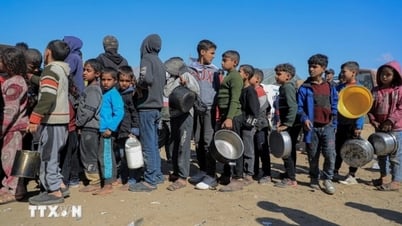

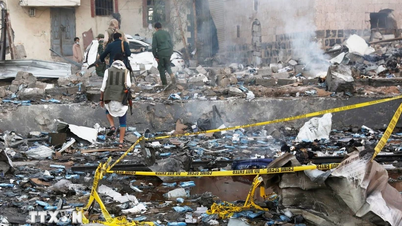



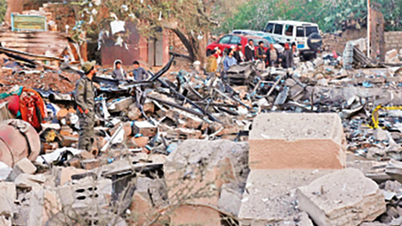

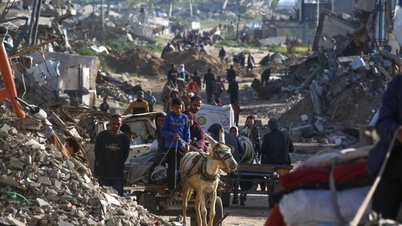




















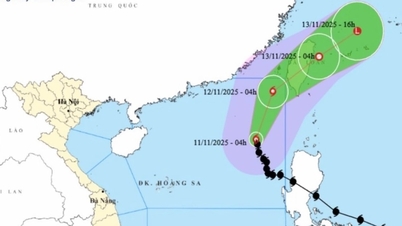

































































![Dong Nai OCOP transition: [Article 3] Linking tourism with OCOP product consumption](https://vphoto.vietnam.vn/thumb/402x226/vietnam/resource/IMAGE/2025/11/10/1762739199309_1324-2740-7_n-162543_981.jpeg)








Comment (0)